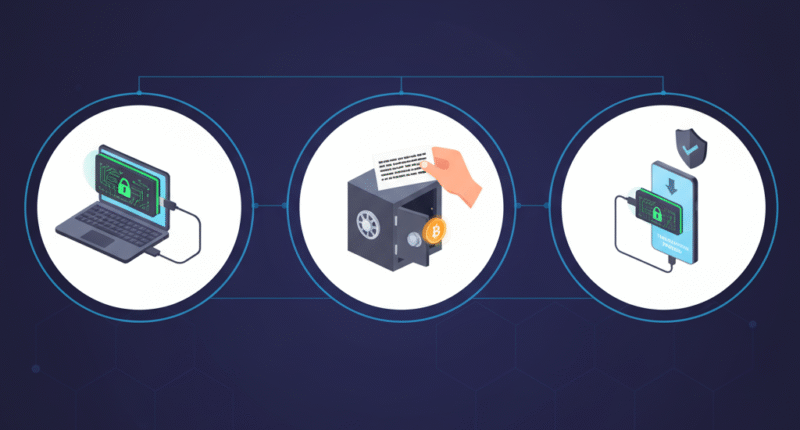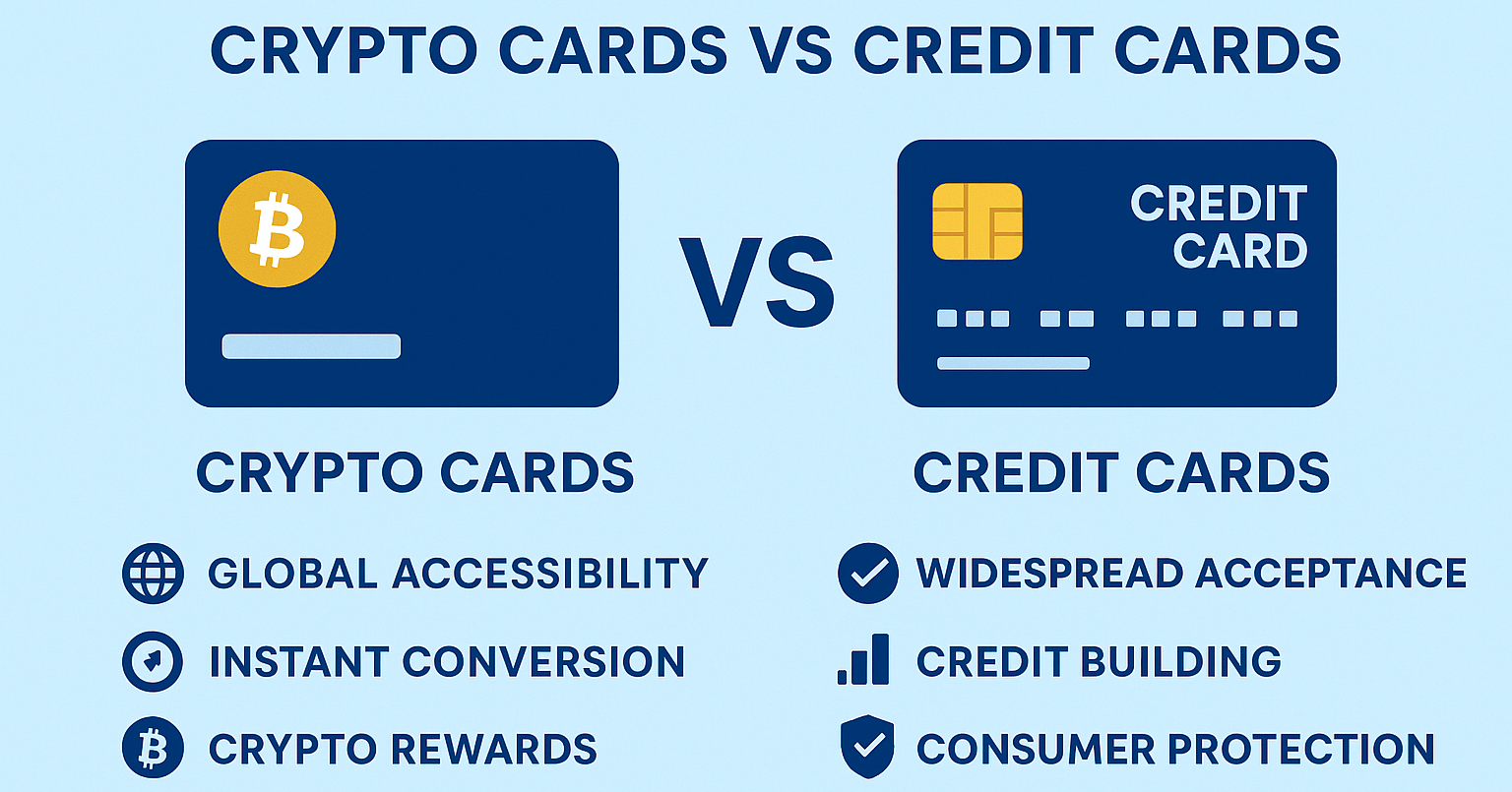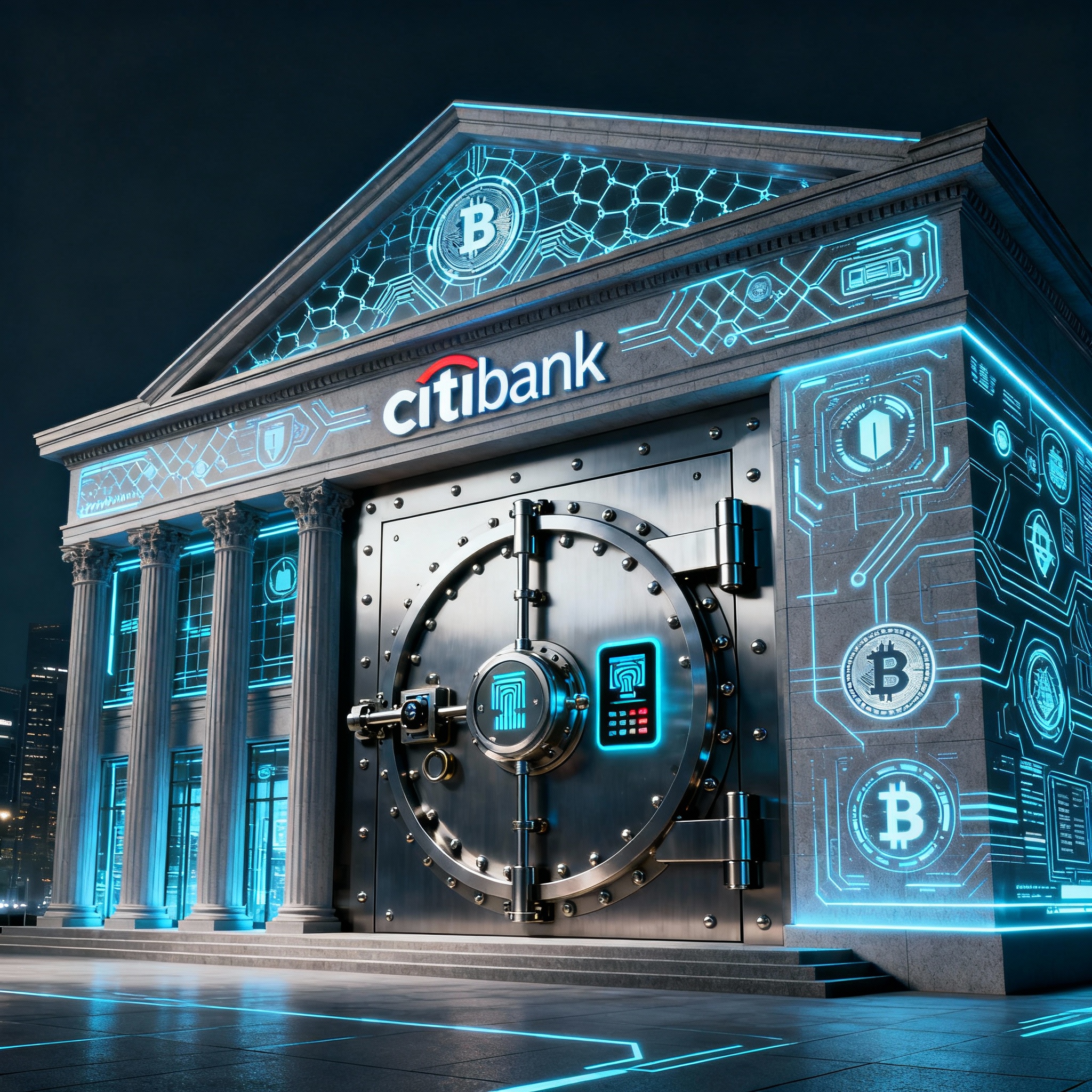As cryptocurrencies become more popular, so do the risks of theft and hacking. While exchanges and hot wallets (online wallets) provide convenience, they are also vulnerable to cyberattacks. That’s why many investors turn to cold wallets, which offer a more secure way to store digital assets offline. In this article, we’ll explore what a cold wallet is, why it matters, and how you can use it to protect your crypto.
What is a Cold Wallet?
A cold wallet is a cryptocurrency storage device that remains completely offline. Unlike hot wallets, which are connected to the internet, cold wallets keep your private keys away from hackers and malware. They come in different forms, such as hardware wallets (USB-like devices) or even paper wallets (printed QR codes or keys stored securely).
The key advantage of a cold wallet is security. Since it is not exposed to the internet, it is nearly impossible for cybercriminals to gain access without physically possessing the device or paper.
Why Should You Use a Cold Wallet?
Cold wallets are especially important for investors holding large amounts of crypto or planning to store it long term. Here are some key benefits:
1. Maximum Security
Cold wallets provide offline storage, which means hackers cannot reach your assets through phishing, malware, or exchange breaches.
2. Full Control of Private Keys
With a cold wallet, you own your private keys directly. This ensures that no third party, such as an exchange, can lock you out of your funds.
3. Long-Term Investment Protection
For investors who hold (HODL) crypto for years, a cold wallet ensures peace of mind. You can store your assets safely without worrying about constant threats online.
4. Protection from Exchange Risks
Exchanges can be hacked or even shut down unexpectedly. Keeping your crypto in a cold wallet means you are not dependent on a third party for safety.
Types of Cold Wallets
There are two main types of cold wallets:
Hardware Wallets
These are physical devices (like Ledger Nano or Trezor) that store private keys offline. They connect to your computer or phone only when you need to make a transaction. Hardware wallets are considered the safest option for everyday investors.
Paper Wallets
A paper wallet is simply a printed copy of your public and private keys. While inexpensive, it must be stored carefully to avoid loss, theft, or damage.
How to Use a Cold Wallet Safely
-
Buy from official sources – Only purchase hardware wallets from verified manufacturers.
-
Back up your recovery phrase – Store it in a secure location like a safe or safety deposit box.
-
Keep it offline – Only connect your cold wallet to sign transactions, then disconnect it immediately.
-
Use multiple backups – Consider creating duplicates of your recovery phrase in case of loss or damage.
Conclusion
Securing your crypto with a cold wallet is one of the smartest moves an investor can make. By keeping your private keys offline, you drastically reduce the risk of hacking and theft. Whether you choose a hardware wallet for everyday use or a paper wallet for long-term storage, the key is to take control of your security. In the fast-growing world of digital assets, protecting your investments should always be the top priority.












1 comment
Hope “Cold wallets” will be able to keep secure cryptocurrencies. My preference is computer Hardware wallet over other options.